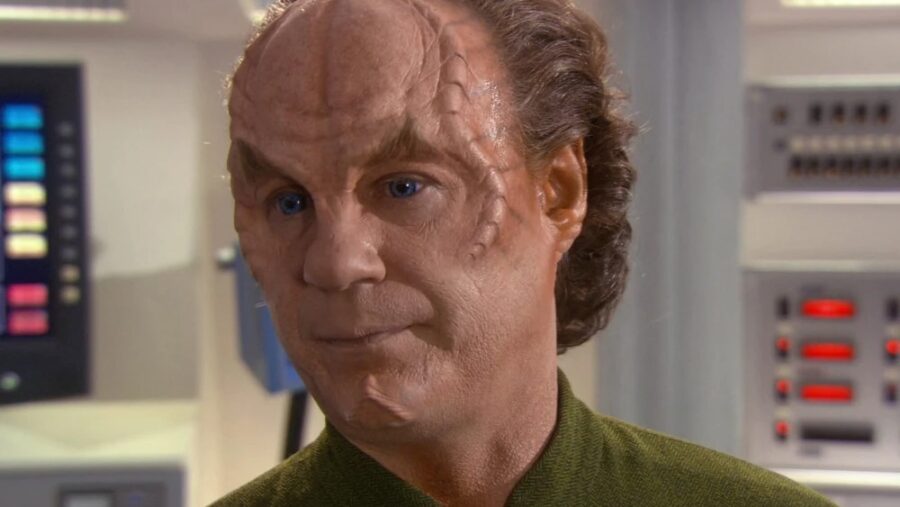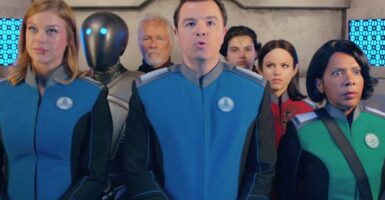John Billingsley Knows Why Star Trek: Enterprise Failed

John Billingsley played Dr. Phlox, and Dr. Phlox knows why Star Trek: Enterprise failed. Look, Star Trek: The Next Generation ran for seven seasons (1987-1995). Voyager ran for seven seasons (1995-2001). Deep Space Nine ran seven seasons (1993-1999). When Star Trek: Enterprise premiered on UPN in Fall 2001, then, it would have been reasonable to expect a similarly lengthy run.
After all, Star Trek had been a television staple for the last 18 years, a new Star Trek film had been hitting theaters every 2-3 years since 1979, and Enterprise starred none other than Quantum Leap‘s Scott Bakula.
But then Star Trek: Enterprise was canceled by the network after four seasons. There had been a lot of reasons tossed about for the show’s failure. Namely, it was essentially a prequel to the Trek universe and the very fact that it was on then-defunct UPN.
But then a former cast member, John Billingsley (Enterprise‘s Dr. Phlox) tossed out another. In an interview with Indystar.com, he said the show failed because of a combination of studio greed and losing sight of the franchise’s soul.
In the interview, John Billingsley discussed everything from the (then) current casting and work environment in Hollywood to the state of television and the Star Trek franchise.
His view on the decline of televised Star Trek in the new millennium was that constant demands from Paramount executives for the producers of Voyager and Star Trek: Enterprise to produce more and more (easily digestible and commercial) content that they could sell.
It became an entity owned and subject to the whims of the marketing department, which gave it no room to explore the very things that made Star Trek a success.
John Billingsley said about Star Trek: Enterprise and the franchise in general, “When the show premiered in the 1960s we were going through a period in our history not unlike the period we’re going through now. There was a tremendous amount of divide in our country … race riots, divisions over the Vietnam War, we’d lost a president, we were in a tremendous amount of social turmoil. And I think Star Trek suggested it was possible to get through that.”
He then continued, “I think the thing that made it successful … also is where Star Trek kind of got lost a little bit, because I think the challenge was to start asking the questions, well how? How do you put all those problems behind you? That’s what I was told what Star Trek: Enterprise would be about, it was a flashback, a show that predated the original series and attempted to suggest that here’s how it began, this exploratory process.”
Instead, Billingsley says, Star Trek: Enterprise and Star Trek at large became self-congratulatory. Additionally, he thinks Enterprise failed to grab the imagination of Trek fans who had watched for years and just failed to see anything new in the series.
Billingsley says it’s “a miracle” that the poorly-rated Star Trek: Enterprise didn’t get pulled after one season, let alone four. Perhaps surprisingly, though, he thinks the new films will probably do just fine. It was just the television side of the franchise that needed a break, if not a wholesale end.
If you’re interested in learning about Billingsley’s upcoming projects and his appearances (like this weekend’s Starbase Indy convention in Indianapolis), you should definitely read the full interview.












